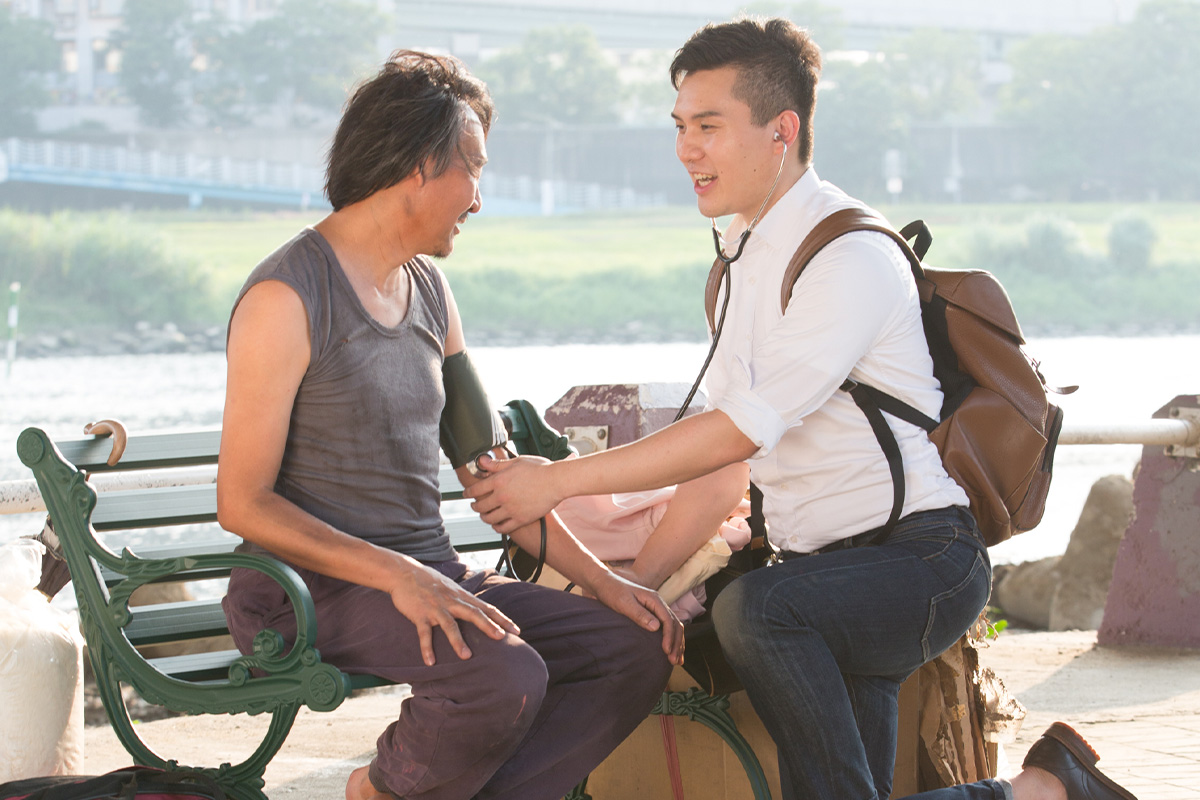Rotary is a global network of 1.2 million neighbors, friends, leaders, and problem-solvers who see a world where people unite and take action to create lasting change – across the globe, in our communities, and in ourselves. We come from a variety of backgrounds, professions, and vocations.
Who We Are
Rotary is divided into three parts: Rotary Clubs, Rotary International, The Rotary Foundation.
Rotary clubs unite dedicated people, within a local community, to exchange ideas, build relationships, and take action. While Rotary clubs are grounded in the same values, no two are the same, because each community has its own unique needs. With more than 35,000 Rotary clubs worldwide, you have a friend in Rotary wherever you go.
Rotary International supports Rotary clubs worldwide by coordinating global programs and initiatives.
The Rotary Foundation helps fund our humanitarian activities, from local service projects to global initiatives.
What We Do
We are people of Action. We are Problem Solvers. We are Opportunity Creaters. We are Community Builders.
Rotary is dedicated to six areas of focus: Promoting peace, Fighting disease, Providing clean water, sanitation, and hygiene, Saving mothers and children, Supporting education, Growing local economies.
Some examples:
Rotary Peace Centers have trained over 1,300 peace fellows to become effective catalysts for peace through careers in government, education, and international organizations.
Rotary members have played a key role in bringing the world to the brink of polio eradication. Their efforts have not only ended polio in 122 countries but also created a system for tackling myriad other health priorities, such as Ebola.
Since 2013, The Rotary Foundation has invested in more than 1,000 Water, Sanitation and Hygiene (WASH) projects in more than 100 countries. Our volunteers have supported water purification, hygiene education, latrine construction, and waste management.
The Rotary Club of Guatemala de la Ermita helped 400 local women complete financial literacy courses so they could pool their money and fund their own microlending program.


